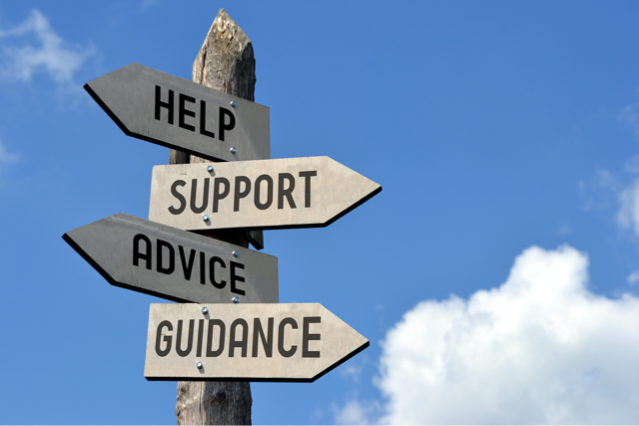
Think about a time when you were knee-deep in the usual “swarm” of your workday and suddenly someone did something nice for you. Maybe they sent you a quick text saying, “I’m thinking of you.” Maybe they passed your name on to a potential client. Maybe they gave you a recommendation on LinkedIn or Yelp.
How’d that make you feel? Why not pay that feeling forward? Especially if it only costs you five minutes of your time.
That’s the idea in Adam Grant’s bestselling book Give and Take: Why Helping Others Drives Our Success. He champions the idea of the five-minute favor, which is the simple practice of “carving out just five minutes of your day to do something that will benefit the lives of others … without expecting anything in return.”
This goes beyond a random act of kindness like paying for the person you don’t know behind you in the drive-thru line at Chick-fil-A. That’s good and noble, of course, but this is a little closer to home (and work). These five-minute favors are about helping people in your sphere of influence—it’s an amped-up, altruistic kind of networking.
How do you do it? Here are a few examples:
- Introduce people who would benefit from knowing each other.
- Offer feedback to someone about the job they’re doing, a presentation they’ve made, etc.
- Share your ideas.
- Write an endorsement on LinkedIn or Yelp.
- “Like,” “share” or “retweet” on Facebook, Instagram or Twitter, and post comments that offer value.
- Write a thank-you note.
- Maybe even give me feedback on this blog, or forward it to someone with a comment.
These five-minute favors can, and perhaps should, become second nature. They strengthen relationships, broaden your influence and there are other benefits, too. It’s been scientifically proven that giving of yourself and doing nice things for others leads to feelings of contentment and even to success. People are hardwired to help those who help them.
Bob Kerrey might have said it best, “Unexpected kindness is the most powerful, least costly and most underrated agent of human change.”
Recent Comments